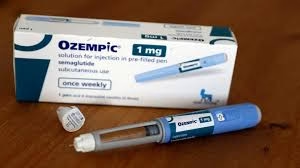Scientists at North Carolina State University have introduced a cost-effective bandage that utilizes an electric field to accelerate the healing of chronic wounds.
In animal tests, wounds treated with these innovative electric bandages healed 30% faster than those treated with conventional bandages. Chronic wounds, which are challenging to manage due to their slow healing and high treatment costs, could benefit significantly from this new technology.
“Our goal was to create a more affordable technology that speeds up healing for patients with chronic wounds,” said Amay Bandodkar, co-corresponding author of the study. “We aimed to make this technology accessible for home use, rather than limiting it to clinical settings.”
The research team developed water-powered, electronics-free dressings (WPEDs) to address the issue. These disposable dressings feature electrodes on one side and a small, biocompatible battery on the other. When a drop of water is applied, it activates the battery, generating an electric field that aids healing for several hours.
“The electric field is crucial because it has been proven to accelerate healing in chronic wounds,” explained Rajaram Kaveti, co-first author of the study. The electrodes are designed to be flexible, allowing them to adapt to the irregular shapes of chronic wounds and deliver the electric field effectively from the wound’s periphery to its center.
Chronic wounds, such as diabetic sores, heal very slowly or not at all and can lead to severe complications like amputation and death. The WPEDs were tested on diabetic mice, a common model for human wound healing. The electrical stimulation provided by the dressings significantly enhanced wound closure, new blood vessel formation, and reduced inflammation, leading to overall improved healing.
Mice treated with WPEDs showed approximately 30% faster healing compared to those with standard bandages. Designed for ease of use, WPEDs can be applied quickly, allowing patients to move freely and continue their daily activities while receiving treatment at home. This convenience promotes adherence to the treatment regimen, as patients are less likely to skip sessions or face limitations due to frequent clinical visits.



